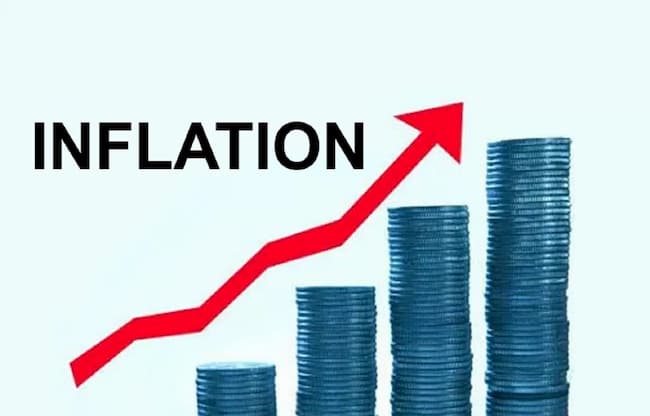A drawback of expanding the consumer economy has been noticed as Nigerians start to redraw their preference scale in the face of economic headwinds in the country. Market experts stated that the loss of gasoline subsidies will put a lot of family budgets under stress.
As firms start to rationalize headcounts, they highlighted that the naira has been losing buying power and that businesses are borrowing at higher rates despite the high unemployment rate. They predict that unemployment will peak at this point.
“Thanks to the survival instincts of average Nigerians, the pressure could, however, become unbearable without palliative measures to cushion the immediate effects of high fuel price”, LSintelligence Associates said in a brief.
The spike in food prices caused Nigeria’s headline inflation rate to soar to 22.22 percent in April 2023, the largest rate increase in 17 years. The pressures from the naira crisis were also absorbed by the rapid headline inflation, which ultimately reduced first-quarter GDP growth.
Analysts remarked that the first quarter’s growth was constrained by pressure on the consumption side, and they predicted that the withdrawal of fuel subsidies would significantly increase inflation in 2023.
Due to the federal government’s decision to liberalize the downstream oil sector, the price of gasoline at the pump has increased by more than 250%. Nigeria’s economic growth slowed down in the first quarter of the year, falling by 1.21% point to 2.31% real year-over-year. The major driver of economic growth in Q1 2023 was the services sector, contributing a total of 57.29% to GDP. The agriculture sector’s contribution to GDP declined in Q1 2023 by 10%.
Additionally, a negative quarter-over-quarter growth of 28.83% is recorded. Construction drove a 22% quarter over quarter rise in industries’ GDP contributions. The industrial sectors expand by 2.78% and 1.63%, respectively, despite uncertainty fueled by rising energy prices.
The research stated that the oil sector’s contribution to GDP climbed by 30% quarter over quarter as oil output increased in Q1 2023 to 1.51mbpd from 1.34mbpd in Q4 2022, one of Nigeria’s main revenue sources.
Despite consistent rises in monetary policy rates over the last year, headline inflation remained on an upward trend. Households are being forced to reduce consumption due to rising food prices. Analysts predicted that the tendency will limit growth and reset economic productivity. This expectation could be reversed if the Nigerian government implements measures to reduce economic pressure that has shifted the misery index upward.
The removal of subsidies will reduce fuel consumption drastically as transport and logistics begin to raise prices. The increase in prices will filter into the food market despite the low-income earnings condition of the majority of Nigerians.
According to the government report, more than 133 Nigerians are vulnerable despite large social intervention spending over the last eight years under former president, Muhammadu Buhari.
A large number of people will struggle to meet their daily needs in the next few months as the market begins to dictate petrol pump prices, analysts told MarketForces.
“A slowdown in consumption economy will drag down growth in 2023 if there are no palliative measures to immediately reduce the negative effect that subsidy will have on foods and other household basic needs”, LSintelligence Associates stated in the note.













